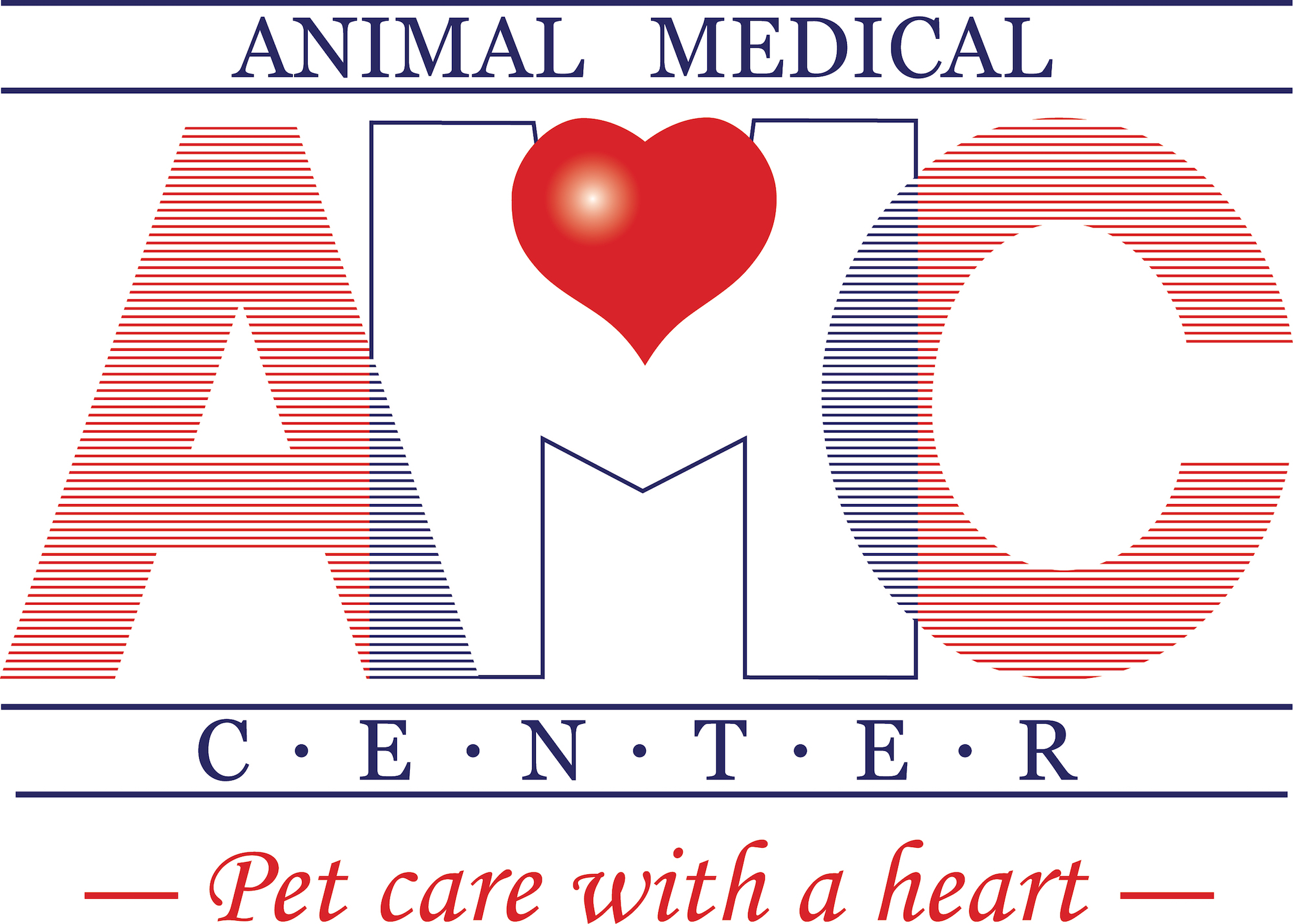Library
-
Over 60% of dogs in North America are either overweight or obese, so paying attention to the balance between activity and calorie intake is important. Once your veterinarian has assessed your dog’s health, they can help you determine an optimal nutritional strategy.
-
This handout discusses the risks and benefits of feeding commercially prepared fresh, whole-food diets, as well as home-prepared recipes for your cat or dog. Topics highlighted include food safety, nutritional imbalances, and the need to ensure that any diet has been well-researched for nutritional safety and completeness.
-
Feeding your cat the appropriate amount of a well-balanced diet is vital to their overall health and well-being. Each cat has unique nutrition needs, dependent on individual preferences and activity levels. In addition, nutritional requirements and dietary preferences change over the course of the cat's lifetime.
-
Feeding your dog the appropriate amount of a well-balanced diet is vital to their overall health and well-being. Each dog has unique nutrition needs, dependent on individual preferences and activity levels. In addition, nutritional requirements and dietary preferences change over the course of the dog's lifetime.
-
Because of differences in large and giant dogs' energy and nutrient needs, some pet foods are specifically formulated for these requirements. Adequate diet and feeding management are important for adequate growth and preventing orthopedic problems and gastric dilatation-volvulus (GDV) or bloat. Specific recommendations are included for selecting an appropriate diet for a large or giant breed dog. Feeding management recommendations are also included.
-
Because of differences in toy and small dogs' energy needs and size, it is essential to use pet foods specifically formulated for their requirements. Adequate diet and feeding management are important for proper growth and preventing excessive weight gain. Specific recommendations are included to select an appropriate diet. Feeding management recommendations for puppies and adult dogs are also included.
-
In North America, obesity is the most common preventable disease in cats. Just over 60% of domestic cats are overweight. Scientific evidence now shows that fat tissue is not benign; it actively secretes inflammatory hormones and creates oxidative stress, both of which contribute to increased risks for several diseases, as well as a decreased quality of life. Treating obesity as a chronic, inflammatory condition means regular veterinary assessments and strict attention to portion control.
-
In North America, obesity is the most common preventable disease in dogs. Almost 60% of domestic dogs are overweight. Scientific evidence now shows that fat tissue is not benign; it actively secretes inflammatory hormones and creates oxidative stress, both of which contribute to increased risks for several diseases, as well as a decreased quality of life. Treating obesity as a chronic, inflammatory condition means regular veterinary assessments and strict attention to portion control.
-
Some over-the-counter human medications can be used for common ailments in dogs, but you must consult your veterinarian before using them to determine the correct dose and to ensure they will not interact with other medications your dog is taking. Some medications are toxic. If the condition you are treating does not respond to treatment, contact your veterinarian.
-
Obesity is the most common problem in cats in North America and leads to an increased risk of diabetes mellitus, heart disease, and several types of cancer. Extra body fat causes increased inflammation associated with osteoarthritis. Reducing inflammation and pain can help an overweight cat to regain activity, which in turn can lead to more appropriate weight loss. Obesity can be prevented or reversed when cat owners are aware of calorie intake, body condition, and improving movement or activity.

